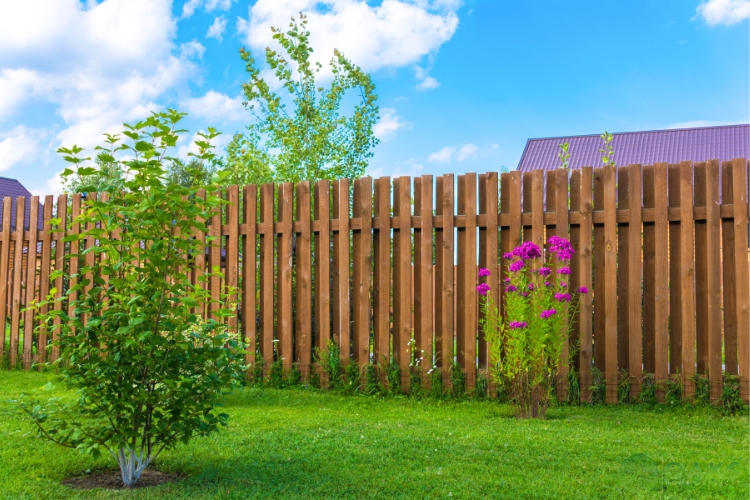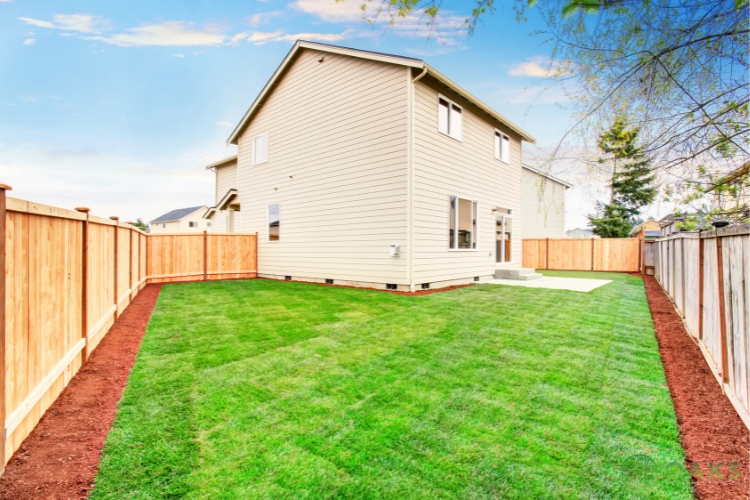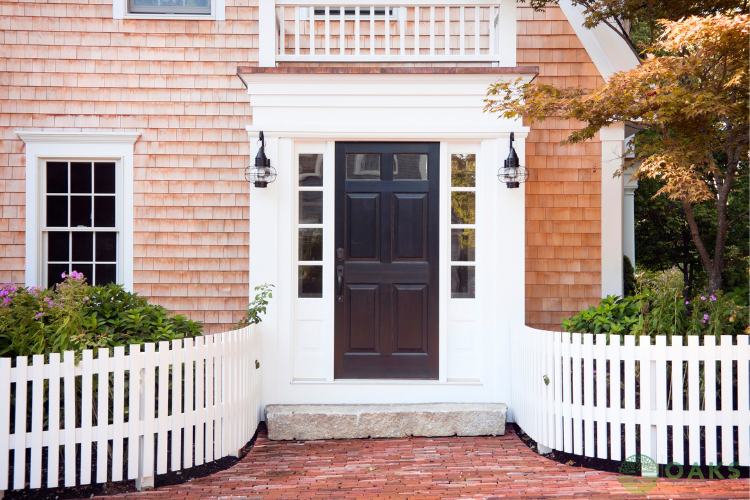Demystifying Toronto’s Fence Permits: Your Essential Guide
Are you planning to install a new fence in Toronto? Whether you’re a homeowner or a fence contractor in Toronto, understanding the local regulations and permit requirements is crucial to ensure a smooth and compliant installation process. In this guide, we’ll walk you through the Toronto fence permit maze, outlining what you need to know to build a fence that meets city standards.
Fence Regulations in Toronto
Toronto has specific rules and regulations regarding fence construction, which can vary depending on the type of property and the location of the fence. Let’s delve into the key aspects of Toronto’s fence guidelines.
Fence Types and Heights
The type of property you have, whether it’s a single residential property, multiple residential properties, or non-residential property, determines the minimum height requirements for your fence. Here’s a summary:
| Type of Fence | Front Yard Height | Back Yard Height | Distance from Lot Line (abutting public highway) | Distance from Driveway | Open-Fence Construction Required | Additional Requirements |
|---|---|---|---|---|---|---|
| Fence on an unroofed deck | 2.0 meters above surface of deck | 2.0 meters above surface of deck | No maximum | 2.4 meters from driveway | Yes | Open mesh chain-link fence for at least 2.4 meters from driveway |
| Fence not in a front yard (and not under Items 3, 4, or 5) | 2.5 meters | 2.5 meters | No maximum | – | No | – |
| Fence abutting a rapid transit right of way | 2.5 meters | No maximum | No maximum | – | No | – |
| Fence for a tennis court, baseball diamond, or other recreational facility | 3.0 meters | No maximum | No maximum | – | No | – |
| Any other fence | 2.0 meters | 2.5 meters | No maximum | – | No | – |
These fence types cover a range of scenarios, including front and back yard fencing, proximity to driveways, and their impact on visibility. The type of fence you choose and its location determine the height and construction requirements.

Open-Fence Construction
If your fence is located in specific areas, it may need to be of open-fence construction to ensure visibility. For example, fences abutting a public highway or obstructing the view of a highway have open-fence construction requirements.
Swimming Pool Enclosures
If you have a swimming pool, a swimming pool enclosure is mandatory. Specific guidelines dictate the height and construction of these enclosures, ensuring safety and compliance.
Fence Permits and Exemptions
If your fence project meets certain criteria, you may need to obtain a fence permit from the city. This typically applies to complex or non-standard fence installations. Fence permits are necessary to ensure that your project complies with all relevant bylaws and safety regulations.
However, there are exemptions available. If your project falls under an exemption, you won’t require a fence permit. For instance, above-ground pools erected before July 6, 2000, have specific exemption criteria.
Property owners can also request a site-specific exemption from their local Community Council if they want to install a fence that doesn’t align with standard bylaws. This process involves submitting a request in writing to the Executive Director of Municipal Licensing and Standards, with input from the local community council.

How to Ensure Compliance
Navigating the Toronto fence permit maze can be challenging, but ensuring compliance is essential to avoid potential fines and project delays. Here are some key steps:
- Understand the Regulations: Review the specific regulations and requirements for your property type and fence location.
- Consult a Fence Contractor: Work with a professional fence contractor in Toronto who understands local regulations and can help design and build a compliant fence.
- Apply for a Permit: If required, apply for a fence permit through the proper channels.
- Seek Exemptions: If your project qualifies, consider requesting an exemption through your local Community Council.
- Document the Process: Keep records of all communications, permits, and exemption requests.
By following these steps and staying informed about Toronto’s fence regulations, you can successfully navigate the fence permit maze and build a fence that complies with city standards.
In conclusion, building a fence in Toronto involves understanding the specific regulations, permit requirements, and exemption processes. By following the guidelines and seeking professional assistance when needed, you can ensure that your fence project meets all city standards, creating a safe and compliant property boundary.
For more information or assistance with your fence project, don’t hesitate to reach out to your local Municipal Licensing and Standards district office. Or just simply call Oaks Home Services – Toronto’s highly-rated fence contractors!


